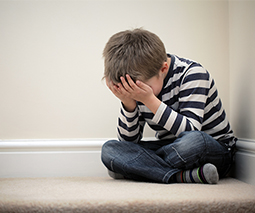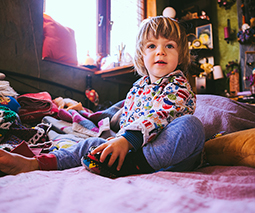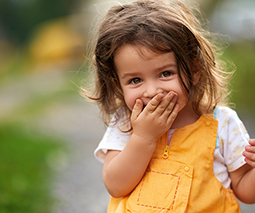7 positive parenting tips to bring out the best in your toddler

We all know that little people respond better to positive guidance than “don’t do this, or don’t touch that” style nagging.
Which is why steering your toddler in positive ways to bring out the best in them, is the nicest, but also the most effective way to get parenting results.
Here are seven tips to help you achieve your parenting goals in a way your toddler will happily respond to.
1. Sharing is caring
Teaching your toy-possessive tot that he should share his beloved dump truck with a playmate is a hard one. Sharing isn’t something that comes naturally when you’re still in nappies and navigating the nuances of playdates. But sharing is a learned skill and it is something that he will develop over time.
To teach sharing in a positive way, explain to your toddler how his friend also loves his toys and that it’s much more fun to play with friends than alone. Encourage side-by side play where your toddler plays alongside his friend, maybe with the same or similar toy, to get him used to the social interaction. Then encourage them to swap toys and praise him when he lets his friend have a turn of his toy and vice versa.
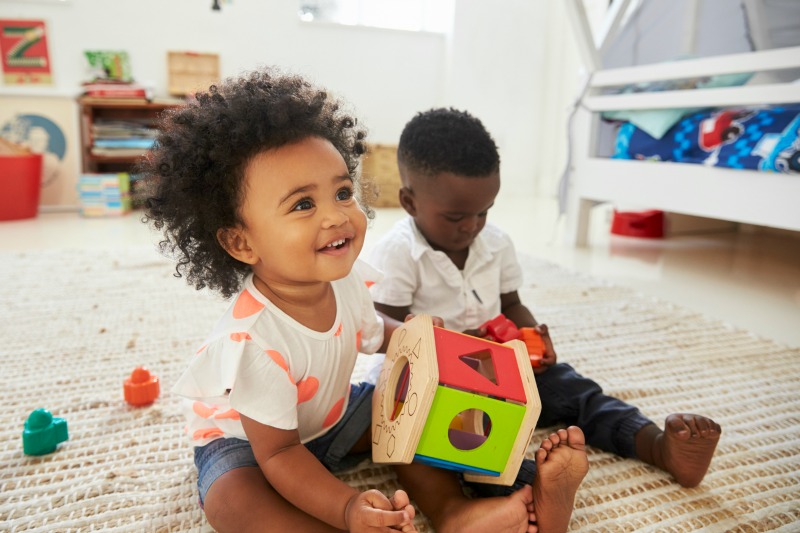
2. Take turns the fun way
Another way to teach sharing, along with the skill of waiting your turn to talk (“Mummy’s on the phone!” – sound familiar?) is by playing turn-taking games.
Sit on the floor with your little one and roll a ball to him and then tell him it’s,”your turn” to roll it back. Or share a bowl of yogurt and take it in turns to spoon-feed each other (this one can get messy!).
Practising taking turns in this fun way will help him to understand the concept in other situations.
Read more parenting toddlers:
- How to parent an extroverted child when you are the opposite
- Maggie Dent’s top 12 tips for parents of toddlers
- Why tough love has nothing to do with raising resilient kids
3. Get them washing their hands, every time, with this trick
Toddlers are messy and often need to wash their hands, especially before handling food.
They also respond very well to visual cues that clearly show them what needs doing and when. Have a little ‘tick chart’ in your bathroom, which is just a grid of boxes, where your toddler receives a tick, star sticker or stamp every time he washes his chubby little hands (with soap!).
He will enjoy the thrill of seeing his ticks build up and soon hand washing will become something he just does.
4. Raise happy little helpers
Teach your little one to toss his rubbish in the bin by showing him where it goes and giving him this responsibility. He will enjoy the independence of being able to toddle to the bin to throw something in it (just make sure this isn’t your phone or glasses!).
Likewise, you can get him doing little easy jobs around the house that make him feel useful and will instil in him a life skill. Give him a washer and bucket and ask him to dust the skirting boards or hand him the dustpan brush to copy you sweeping.
Praise him for being a good worker when he goes about his ‘chores‘ with you (even if it means you have to properly tidy up later).
5. Teach him to say “please” and thank you”
This is simple – when you hand your little one a sippy cup of the juice he requested, wait until he says, “Thank you” before you give it to him. Do this every time and good manners will become a lifetime habit quickly.
Likewise, when he asks for anything without saying “please”, remind him to use his manners by saying, “Can you please ask me nicely, using your manners? Say, ‘Can I please have some juice, Mummy?'”
You can also practice this through role play. Set up a teddy bears’ picnic where the bears share in a cup or tea and use their manners. Show him how the bears ask nicely for more tea by saying, “Can I please have more tea?” and say “Thank you” each time they receive a cup.
He will love learning manners in this way.
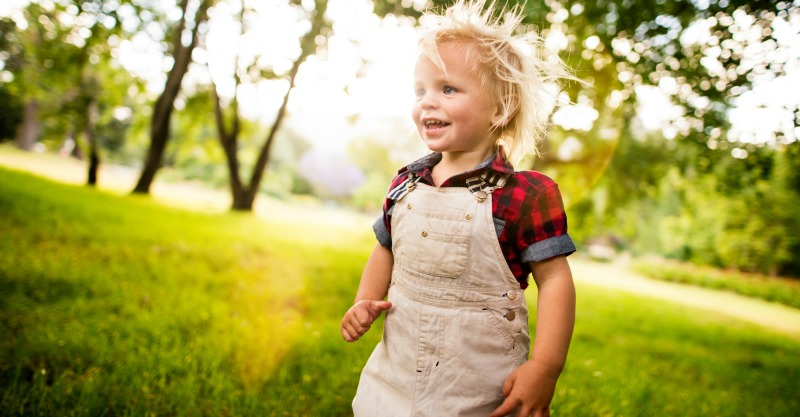
6. Help him to use his words
Encourage your little one to express himself verbally, rather than lash out or breakdown when he’s upset, by encouraging him to use his words.
Talk to him about how he’s feeling frustrated, sad or angry and suggest some better ways to express his emotions.
You could tell him, “I know you are frustrated that your playdough snake broke in two. How did that make you feel? Are you feeling sad? Yes? These things happen. Playdough breaks. BUT! We can fix it. Would you like some help fixing the snake?”
Encouraging him to identify and work through his feelings is the beginning of him being able to cope with them throughout life.
7. Teach him to give and receive love
Be affectionate and loving to your toddler and this in itself will teach him how to show love. Give him all the cuddles, kisses and floor rumbles!
Also, don’t hold back on expressing to him how much you love him. Hearing the words, “I love you” from you will make them part of his vocabulary.
You can never show your child too much love.
This is a sponsored post for Biostime

